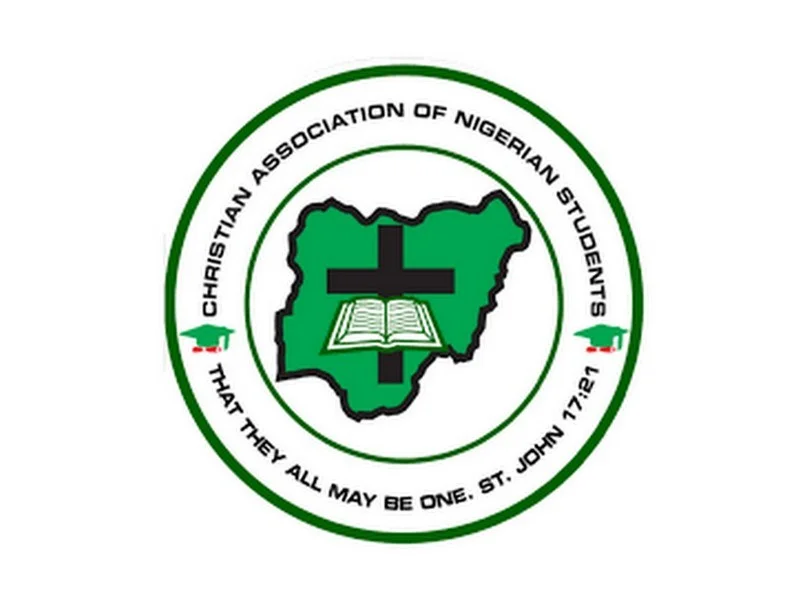The Senate has expressed concern over the implementation of the federal government’s 2017-2020 Economic Recovery Plan, which elapsed last year.
It has therefore mandated six of its committees to engage the Minister of Finance, Budget and National Planning, Mrs. Zainab Shamsuna Ahmed, on the federal government’s elapsed Economic Recovery and Growth Plan (ERGP) between 2017 and 2020.
The Committees are: National Planning; Banking, Insurance and other Financial Institutions; Marine Transport; Land Transport; Works and Power.
The decision to engage the Finance Minister was sequel to the adoption of a motion “on the need to critically assess the performance of the Economic Recovery and Growth Plan (ERGP) 2017-2020”, moved during yesterday’s plenary.
The motion was sponsored by Senator Abdu Suleiman Kwari, who while presenting the motion noted that the four-year Economic Recovery and Growth Plan (ERGP) 2017-2020, which was the source document of Nigeria’s four years Appropriations Act had elapsed.
He recalled that President Muhammadu Buhari, launched the Plan in April of 2017 to ensure the actualisation of a sustainable inclusive growth of the economy.
According to him, “the Plan was targeted at achieving a structural economic transformation with emphasis on improving the efficiency of both the public and private sectors of the Nigerian economy;
He added, “Further aware that the key objectives of the plan were to increase our national productivity, achieve a sustainable diversification of production, significantly grow our economy by seven per cent by the year 2020, maximise the welfare of our citizens and attain food and energy security;
“Worried that the four-year plan, which has now elapsed, cannot be said to have met our desired socio-economic aspiration;
“Believes that there is need for stock-taking to critically assess the performance of the Economic Recovery and Growth Plan in order to ascertain whether the Plan has met the desired goals now that it has technically come to an end;
“Further believes that in taking stock, it is imperative to benchmark the implementation outcomes of the Plan in terms of the following indices to determine: real growth in the agricultural, solid minerals and energy sectors of the economy; SMEs growth as laid out in the plan; and positive impact on our industries and manufacturing sectors.”
Others are to assess investment on the human capital; the number of jobs and wealth created; investments on health and education sectors; investment and progress on our national infrastructure; progress made by the Presidential Enabling Business Environment Council (PEBEC); the digital led economy targets and the anti-corruption fight/recovery of stolen assets; the progress of the fight against insecurity; determine the fiscal and other macroeconomic policies as benchmarked in the ERGP; and the level of implementation of the Central Bank of Nigeria interventions in all the sectors.
Kwari lamented the negative impact of the COVID-19 pandemic on the world economy, as well as its consequent effects on the Nigerian economy, which, according to him, had adversely affected the implementation of the Plan in 2020.
He stressed that it is the solemn and constitutional duty of the National Assembly to assess the performances of the budgets as against the line items and objectives of the ERGP, on which it was based.
Contributing, Senator Ayo Adetumbi said the move by the upper chamber seeks to “take stock of what we have done under ERGP in order to ascertain future plans and learn lessons from existing ones.”
On his part, Senator Abdullahi Gobir, said the assessment was imperative to determine whether or not Nigeria had made progress or failed in terms of growing the economy.
Also contributing, Senate Deputy Whip, Senator Aliyu Sabi Abdullahi said, “the issue of national planning is something that should always be in the front burner of our discourse”.
The Senate, thereafter, mandated the committees on National Planning; Banking, Insurance and Other Financial Institutions; Marine Transport; Land Transport; Works and Power to interface with the Minister of Finance, Budget and National Planning on the performance of the ERGP, whose life span has elapsed and report back on the way forward within four weeks.





2 Comments